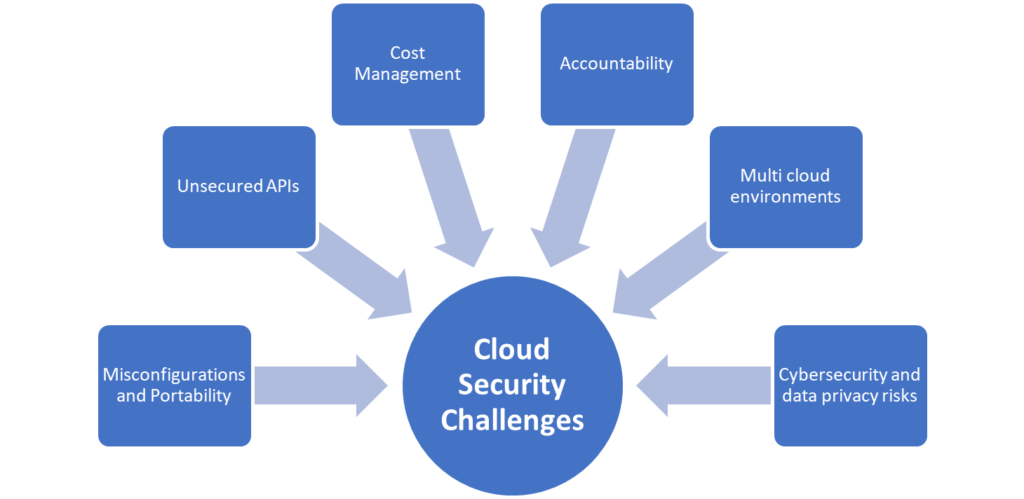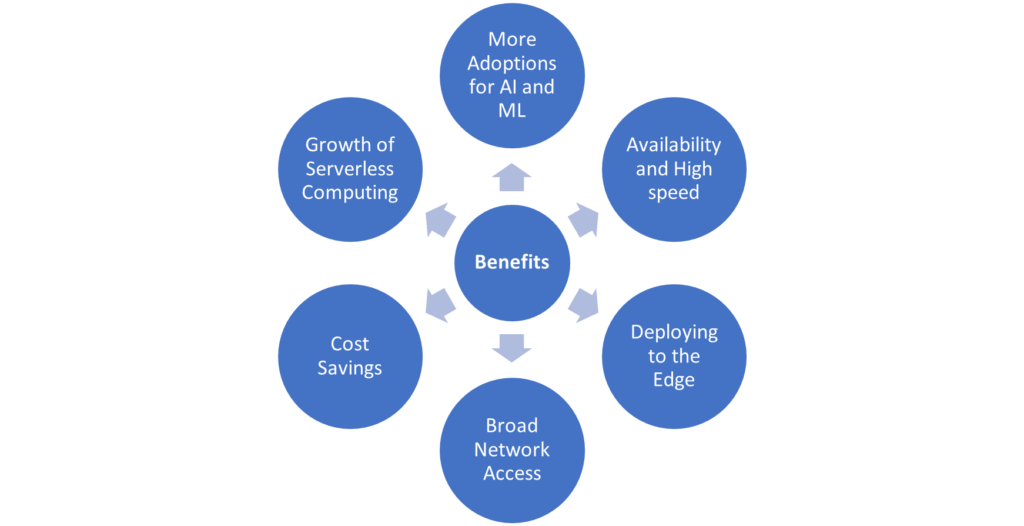Cloud security strategies are well defined and built to protect confidential data, adhere to regulatory compliance, and protect customers’ privacy.
This is an exclusive article series conducted by the Editor Team of CIO News with Kavitha Srinivasulu, Global Head – Cyber Risk & Data Privacy – R&C BFSI at Tata Consultancy Services
In the recent past, we have observed how our world has changed from traditional infrastructures to becoming more cloud-based and upscaling the availability of critical applications or data. Cloud computing has become one of the fastest-emerging technologies in the IT industry to reduce downtime and increase availability. Though this technology has been around for quite some time, its need and usage have significantly grown during COVID, demonstrating its scalability, availability, and elasticity. Considering this upward trend, cloud computing is expected to be the most used technology in 2024 and beyond.
Cloud security is a critical requirement for all organizations while adapting to the cloud. Especially with the latest research from ISC2 reporting that 93% of organizations are moderately or extremely concerned about cloud security, and nearly 63% of organizations have confirmed a cloud security incident in the past 12 months. As technology grows and gives businesses the privilege to utilize its benefits, it is in turn accompanied by a high level of vulnerabilities that need to be tackled with the right set of security controls to stay resilient. Cloud security encompasses the technologies, controls, processes, and policies that combine to protect your cloud-based systems, data, and infrastructure.
Before we look at the major trends and cloud security challenges, some interesting stats are:
- The cloud computing market is expected to reach over $1 trillion by 2028.
- Within a span of 10 years, i.e., between 2010 and 2020, the market grew by a massive 635 percent.
- As per statistics, an organization can save up to 40 percent by migrating to cloud computing.
- Reports have found that 84% of mid-to-large companies will have adopted a multi-cloud strategy by 2023, positioning it as one of the year’s defining trends in cloud computing.
Cloud computing has been there for more than two decades, and despite statistics showing growth and commercial savings, business benefits have been unaddressed until recent times. It has changed how companies communicate, store, and exchange information since the COVID season; however, cyber security controls were not prioritized while adapting to the cloud. This has significantly increased the security risks of the cloud environment being victimized by predators.

Board of directors and IT leaders are more concerned about the emerging cyber threats and struggling to drive cloud computing in response to the evolving threat landscape. Cloud Zero’s statistics reveal that 60-70% of organizations are increasing their use of cloud-based services to meet the current business requirements and manage uncertainties. Emerging cloud computing technologies have created numerous challenges for handling data and managing multi cloud security.
Users worldwide access open pool resources, including apps, servers, data, and computer networks. A privately held cloud or a third-party server is applied to make it feasible. Building cloud computing improves data access and eliminates inconsistency in response levels. Instead of using on-premises controls, 70% of the organizations operate in the cloud. It is a shared responsibility between an organization and cloud service provider to build a safe and secure environment to protect the data available in the cloud. Cloud security strategies are well defined and built to protect confidential data, adhere to regulatory compliance, and protect customers’ privacy. Which in turn protects an organization from reputational, financial, legal, and regulatory implications of data breaches or data exploitation.
As the adoption to cloud computing has evolved into a modern infrastructure that possesses a range of features, capabilities, and benefits to businesses across various scales. Usage has significantly increased across various sectors, uplifting the level of data availability. Among the key attributes, some of the benefits are the following:

Some of the emerging trends in the cloud computing space in 2024 are the following:
The latest trends in cloud computing:
- AI and ML integration into cloud computing
- Kubernetes and Docker to manage cloud deployment.
- Data security in cloud computing
- Hybrid cloud solutions
- Cloud cost optimization
In addition to the above trends, other trends like data protection, risk quantification, cloud monitoring, and disaster recovery will be witnessed in the cloud computing space in 2023.
Organizations know the benefits, features, and trends of cloud computing implementation and how it impacts their income, security, and teamwork. An organization can evade several issues in the cloud by building a robust cloud security culture, improving cloud performance, and reducing costs.
About Kavitha Srinivasulu: Experienced cybersecurity and data privacy leader with overall 20 years of experience focused on risk advisory, data protection, and business resilience. Demonstrated expertise in identifying and mitigating risks across ISO, NIST, SOC, CRS, GRC, RegTech, and emerging technologies, with diverse experience across corporate and strategic partners. Possess a solid balance of domain knowledge and smart business acumen, ensuring business requirements and organizational goals are met.
Do Follow: CIO News LinkedIn Account | CIO News Facebook | CIO News Youtube | CIO News Twitter
About us:
CIO News, a proprietary of Mercadeo, produces award-winning content and resources for IT leaders across any industry through print articles and recorded video interviews on topics in the technology sector such as Digital Transformation, Artificial Intelligence (AI), Machine Learning (ML), Cloud, Robotics, Cyber-security, Data, Analytics, SOC, SASE, among other technology topics.






